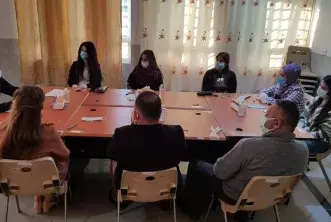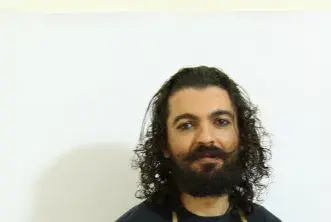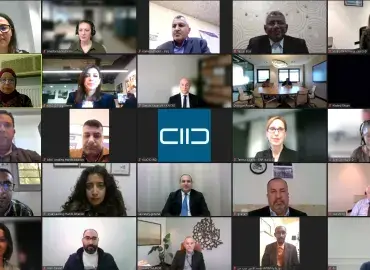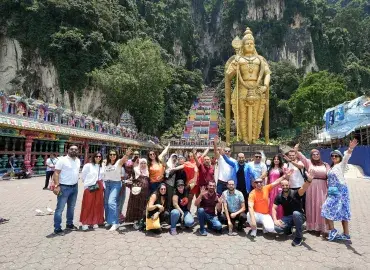Family Tec: Promoting Social Cohesion in Jordan through Dialogue and Media Literacy
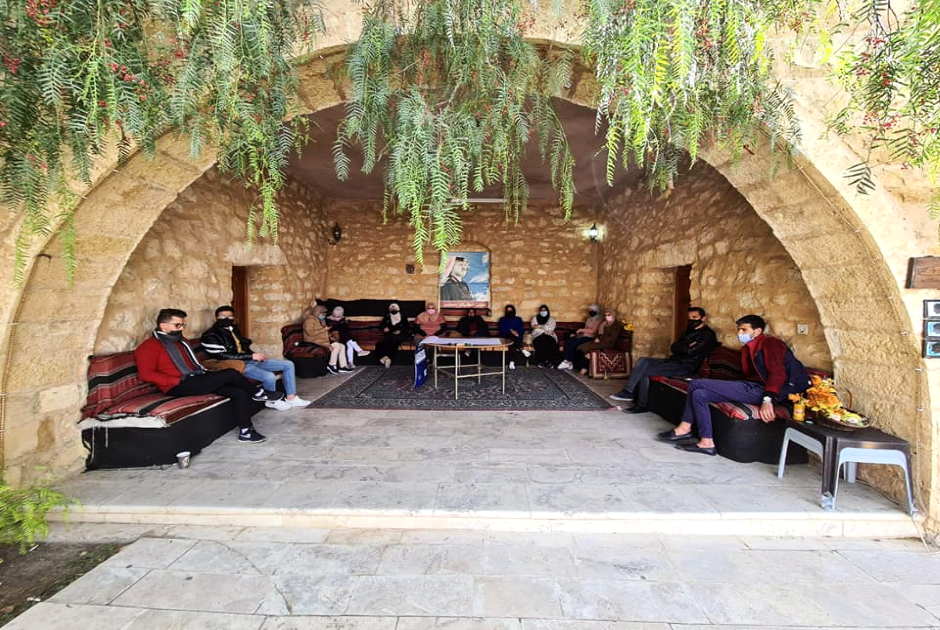
Run by young people and based in the Tafilah Governorate in southern Jordan, Family Tec is one of the Dialogue-60 projects supported by KAICIID in 2020.
The initiative is affiliated with the Youth Committees of The Jordanian Hashemite Fund for Human Development under the Queen Alia Centre for Social Work. It aims to create a media literate “digital family” that is more capable of analysing online content and media discourse while using social media platforms to advocate for peace.
Shorouq Al-Hamaideh, Founder of Family Tec, says that support received from KAICIID was essential in transforming good intentions into practical action:
We wanted to serve our community, and we knew for a fact that there was an unmet demand for what we can offer, but funding is always an issue,” she says.
Addressing an Urgent Need for Media and Information Literacy
“The idea of Family Tec basically stems from our belief in the importance of creating a media-literate society, and promoting purposeful consumption of social media,” Al-Hamaideh continues. “We as youth can be the means by which the public, that’s flooded with content in this ever-expanding digital world, may connect, gain knowledge, acquire experience, and develop Media and Information Literacy (MIL) tools. Citizens should be informed and empowered”.
Statistics show that in 2021, 61.5% of Jordan’s population are social media users. Another survey conducted by UNESCO on Jordanians aged between 18 -29 showed that 91% use social networking sites on a daily basis. Raising awareness about these growing and evolving platforms is essential, experts argue.
Read more: Scout group engages hundreds of Tunisian youth in anti-hate speech initiative
One Big “Digital Family”
Family Tec uses the term “digital family” to refer to people who regularly engage on social media platforms. They believe that members of this “family” need to practice due diligence when interacting online: “We seek to empower individuals and enable them to counter hate speech, discrimination, bullying and even polarisation,” says Al-Hamaideh. “We want to build bridges of communication. The power of social media lies in its ability to significantly influence the ever-widening audience, and that is what makes it dangerous as well”.
Family Tec began in 2019 by staging dialogue sessions and providing consultancy services to the different segments of the Tafilian community, including people of all ages and backgrounds as well as refugees.
“We work with children and youth who need education on cyber-safety, and those who had their privacy breached for example,” Al-Hamaideh says. “In addition, some of these people are refugees who need support to better integrate into the host community”.
After the spread of COVID-19, activities moved online with a remote training programme, which reached around 2,500 people. “We received an overwhelming amount of positive feedback from participants,” Al-Hamaideh says.
Raya Mohamed, one of the project beneficiaries, didn’t realise that she might appear insensitive to the feelings of others until she, herself, faced bullying on Facebook. She was verbally assaulted over her health condition on a public account, and this sparked her interest in attending Family Tec’s sessions.
“I used to, unintentionally, practice bullying in my everyday life. I said things to people that hurt them, I thought it was okay,” says Mohamed. “However, when I attended the dialogue sessions and started listening to people who were openly sharing their personal experiences on being victims of bullying, I realised I was a bully myself. We have to put ourselves in other people’s shoes.”
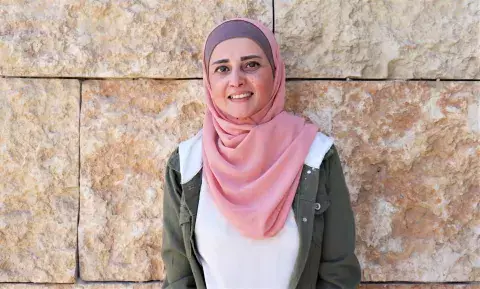
Dialogue as a Catalyst for Change
In addition to fostering MIL skills of citizens and refugees in Jordan online and offline, Al-Hamaideh and her team expanded their efforts, for instance with a Family Tec report in 2020 monitoring the media in relation to the online proliferation of hatred directed at Jordanian female candidates running for that year’s parliamentary elections.
A relatively small percentage of the 364 women candidates were successful, and Al-Hamaideh believes this might in part be due to the tone of social media rhetoric during that period: “Female candidates were referred to in a negative and derogatory way by some social media users,” she said. “Many women withdrew their candidacy because of this. We saw that only 15 women made it, so not a single woman won outside the 15-seat quota”.
Family Tec launched a post-election online media campaign consisting of video messages advocating a strategy centering on the involvement of religious leaders, decision-makers and media influencers in promoting cohesion.
“Dialogue can shift some of the negative socio-cultural traditions and help in breaking stereotypical images, some of which undermine the ability of women in some fields. This is one of many goals our project is trying to achieve. We intend to inculcate a culture of respect, diversity, prudence and tolerance in our digital communities,” Al-Hamaideh says.
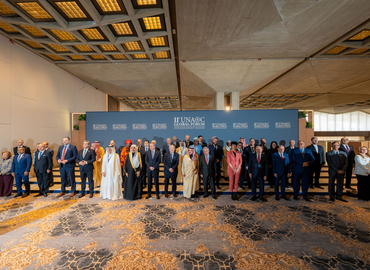
Hosted by the Kingdom of Saudi Arabia in Riyadh from…


